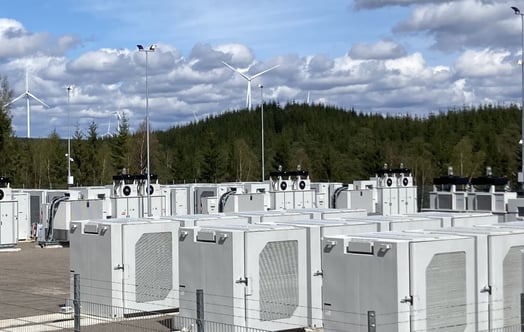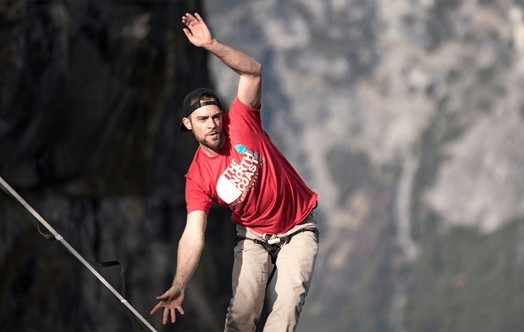
Through the International Responsible Business Conduct Agreement organisations from across the renewable energy sector are working together to conduct supply chain due diligence in accordance with UN principles and OECD guidelines.
The first independent assessment under the global agreement between businesses, trade unions and civil society organisations has confirmed Vattenfall’s Business Area Wind as a leader in the industry for its responsible business practices, providing a strong foundation for action to build on progress to date.
Vattenfall and the wider renewable energy industry are working to accelerate the shift to a lower carbon emission world, but that must not be at the expense of human rights or the environment.
A just transition which engages with everyone is seen as crucial for political and public acceptability for the scale of change needed to achieve net zero.
Whether its ensuring wind farm construction workers feel free to raise safety concerns or minimising the environmental impact of mining for metals used in cables, key players from across the sector have joined forces to promote responsible business practices.
Last year Vattenfall’s BA Wind was among the first organisations in the renewable energy industry to sign an international agreement aimed at jointly tackling and preventing risks around human rights violations and environmental damage in the sector.
Vattenfall’s BA Wind recognised as a responsible leader
Now the first independent assessment has been carried out on the signatories to the International Responsible Business Conduct (IRBC) Agreement for the Renewable Energy Sector to see where they are on their journey.
The baseline assessment placed Vattenfall in the top ‘leader’ category in the industry, one of only six wind companies across project developers, turbine companies and providers of cables and foundations to achieve the ranking.
“It is great that Vattenfall has been recognised as being among the best companies in the industry on addressing these important topics. As an industry we recognise we still have a long way to go but we are fully committed to playing our part in raising standards,” says Eva Julius-Philipp, Director of Environment and Sustainability at Business Area Wind at Vattenfall.
Action plan to draw on continuous improvement
An action plan now developed by Vattenfall’s BA Wind, and agreed with the agreement secretariat, sets out concrete steps to improve Vattenfall’s due diligence practices with further assessments taking place over each of the next four years. Vattenfall has also decided to share the action plan with the civil society organisations and trade unions in the agreement.
Arjan Pouw, Vattenfall’s Senior Advisor Corporate Sustainability who is also a member of the steering committee for the agreement, stresses: “No company can tackle today’s challenges on its own.
“The multi-stakeholder approach helps to build mutual understanding. Discussions may be tough, but they are always amenable. Whether it concerns biodiversity or human rights, our interests ultimately align.”
Key to the five-year project is that the companies involved are able to show progression to close the gaps in line with the principle of continuous improvement which is fundamental to due diligence.
Improving worker welfare on sites
One of the focus areas of the parties working on the agreement is around labour rights and enhanced worker welfare on renewable energy sites.
Although Vattenfall already has strong policies in place, the nature of constructing major wind or solar projects means a significant number of external suppliers and contractors are needed.
Ensuring they take an effective approach on human rights – whether that’s around working conditions, migrant workers or grievance mechanisms – is a key area Vattenfall is addressing.
Other areas of focus include mapping value chains for critical materials and components and addressing forced labour in supply chains.
For Kristin Tallbo, Social Sustainability Specialist at Business Area Wind, the opportunity to work closely together with sustainability colleagues at competitors is refreshing.
“The people who do my job across the sector are driven by a desire to have an impact so the added value we can bring on this is really exciting.
“It’s healthy that there’s competition between the businesses to secure wind farm projects, but on issues such as human rights and biodiversity we should be working together for the benefit of everyone.”
Read more
Baseline assessment on due diligence | IRBC Agreements (imvoconvenanten.nl)
Participants | IRBC Agreements (imvoconvenanten.nl)



